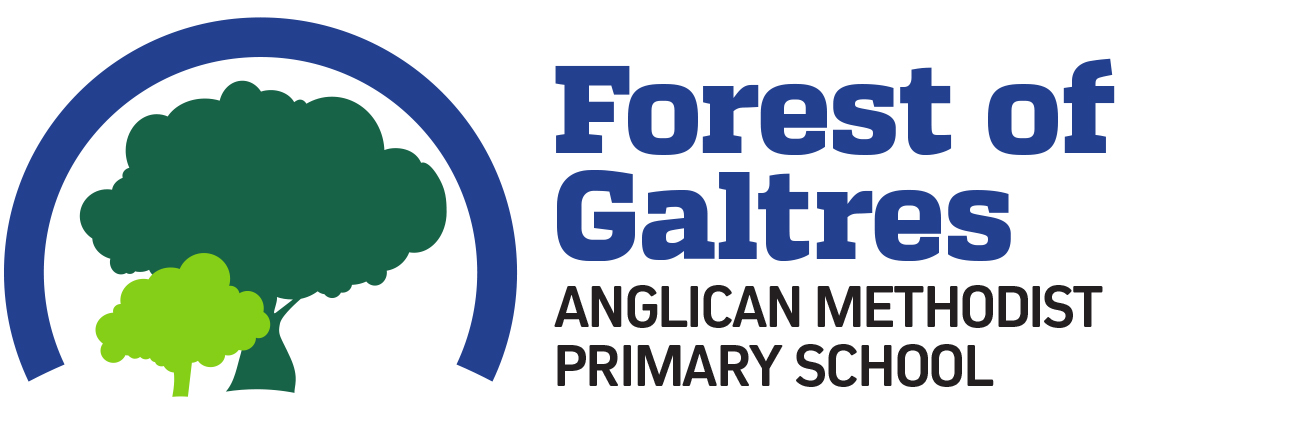
Station Lane, Shipton-by-Beningbrough
York YO30 1AG
Online Safety
Online Safety
At Forest of Galtres Anglican Methodist Primary School we believe that the internet is a powerful way to enhance and broaden a child’s education. Teaching and learning in every subject in the curriculum can make vital use of web-based material.
However, we also know that the Internet allows access to a great deal of entertainment, information and communication which is not related to school-based learning that children may want to explore and investigate.
This exploration is not necessarily harmful, but if unsupervised and unmonitored can result in children encountering inappropriate material or unknown people that can upset or confuse them, or put them in a vulnerable position.
As a school we recommend that Early Years, Key Stage 1 and 2 children should always have a responsible adult with them when online.
Children need to understand the internet and how they can use it positively, safely and to their benefit.
As a school, online safety is central to our safeguarding curriculum and to prepare our pupils for living in the wider world, ensuring that our children are safe online is a priority. Following the DfE guidance to teaching online safety (https://www.gov.uk/government/publications/teaching-online-safety-in-schools/teaching-online-safety-in-schools), our progression of the teaching and learning of online safety is mapped out from Early Years to Year 6.
Click for: Online Safety / Computing – Mapping
As your child’s parent or carer you are in the ideal position to help them learn how to avoid potential problems and get the most out of the internet.
With this in mind, we have collected a range of resources to help you develop your child’s understanding, skill and confidence. We recommend that you have a good look around each site on your own first in order to focus on issues which may be of particular relevance.
CEOP News and articles surrounding internet safety.
Think You Know Great advice to keep children safe whilst using the internet.
Parent Information Expert information to help children and young people stay safe online.
UK Safer Internet Centre E-safety tips, advice and resources.
NSPCC Safety Online Helpful advice and tools you can use to help keep your child safe whenever and wherever they go online.

